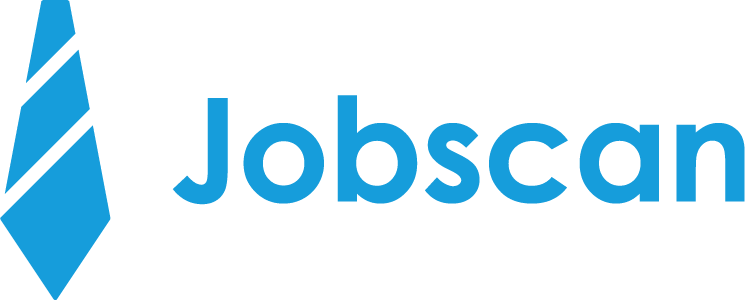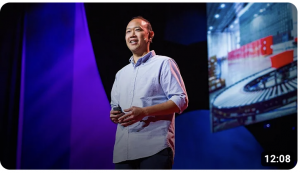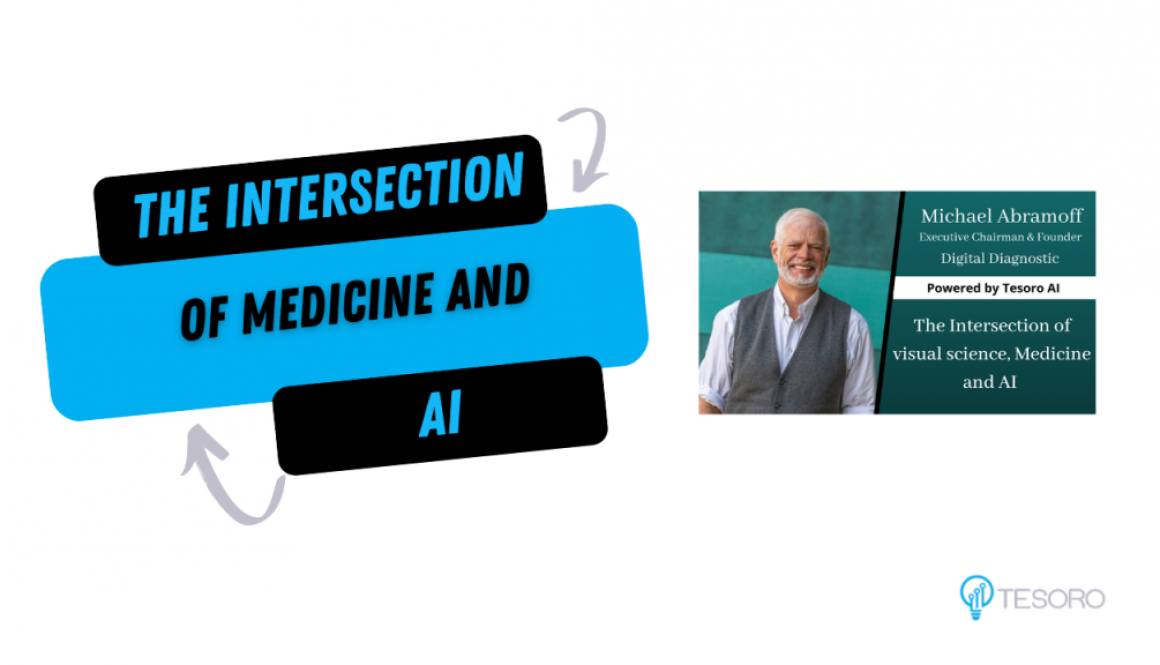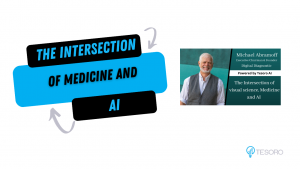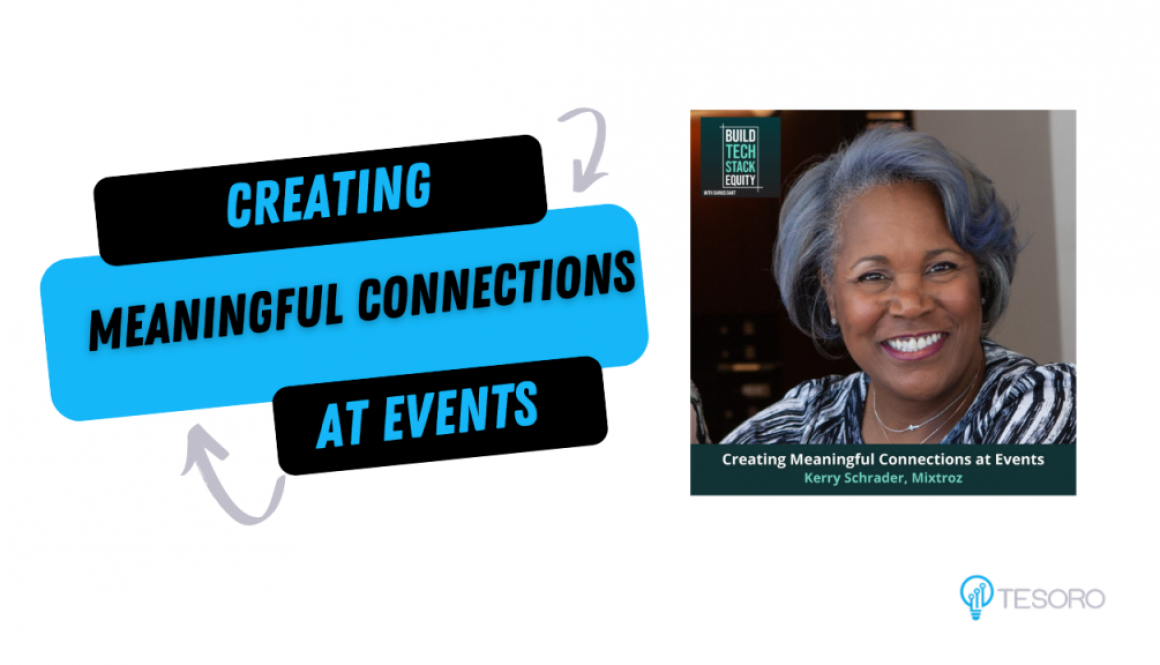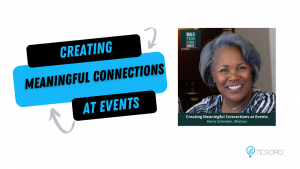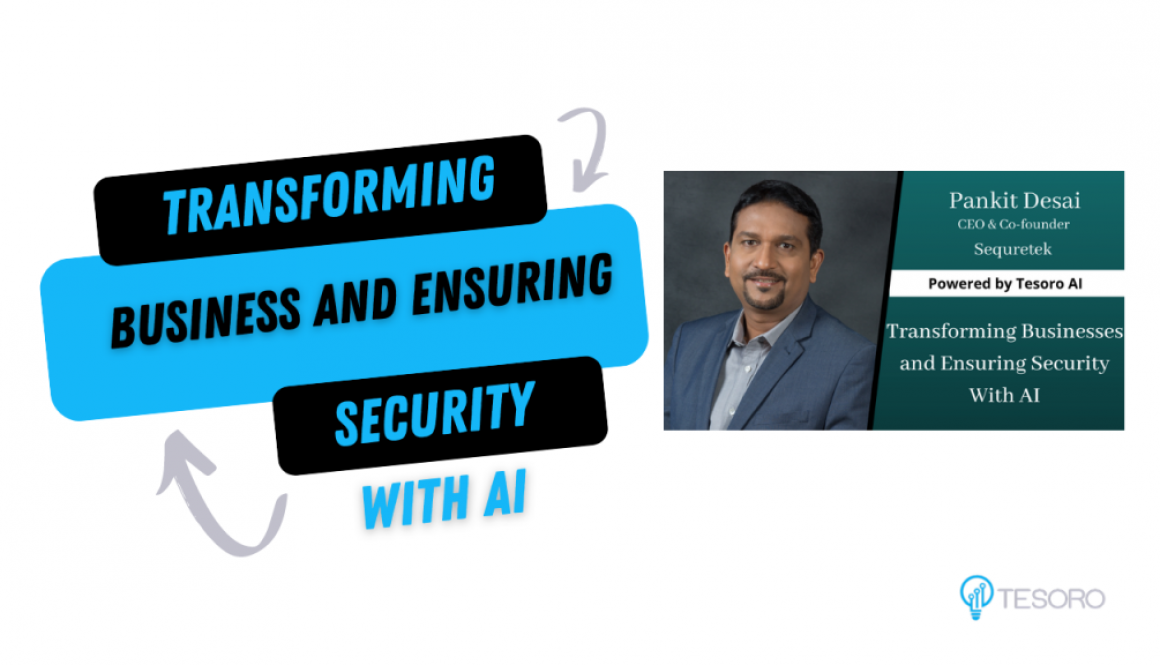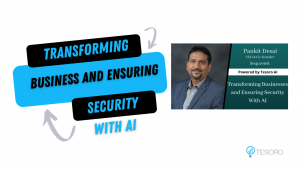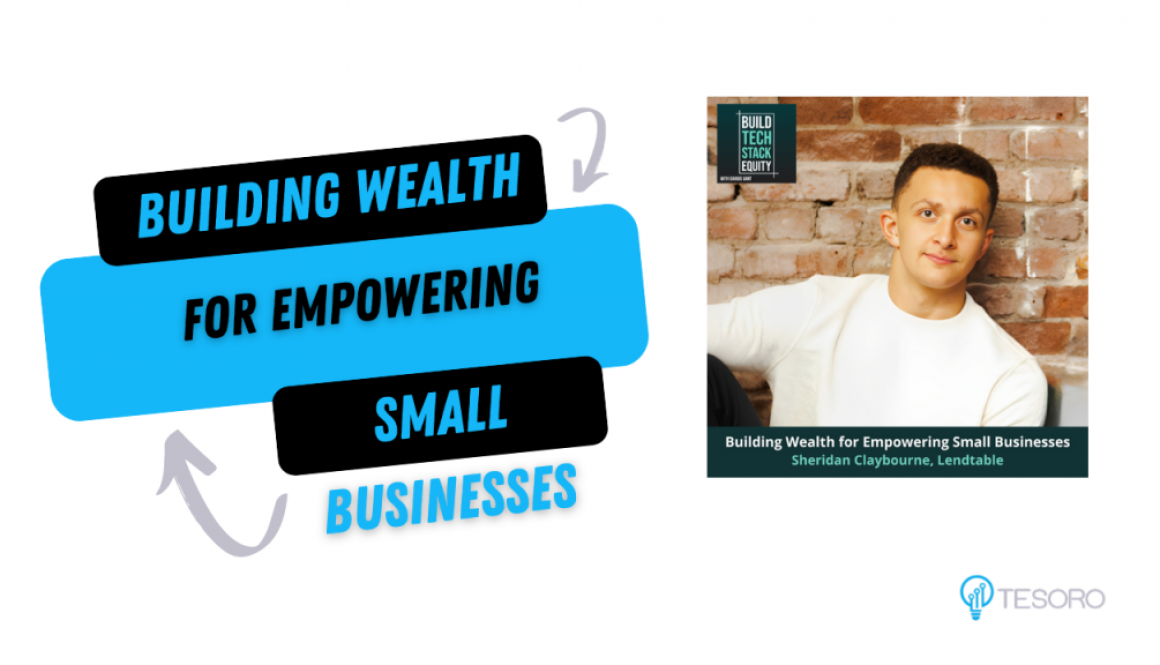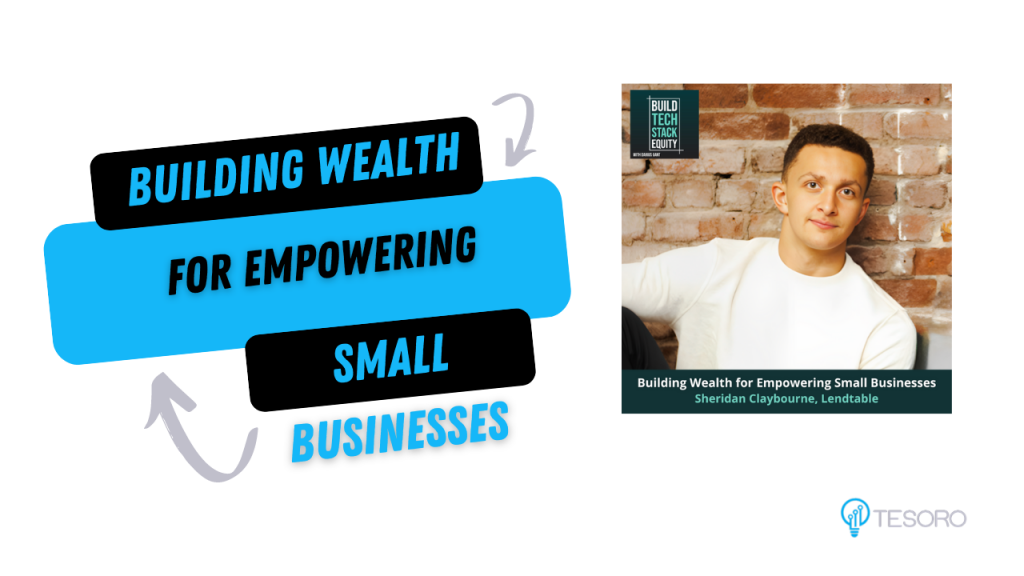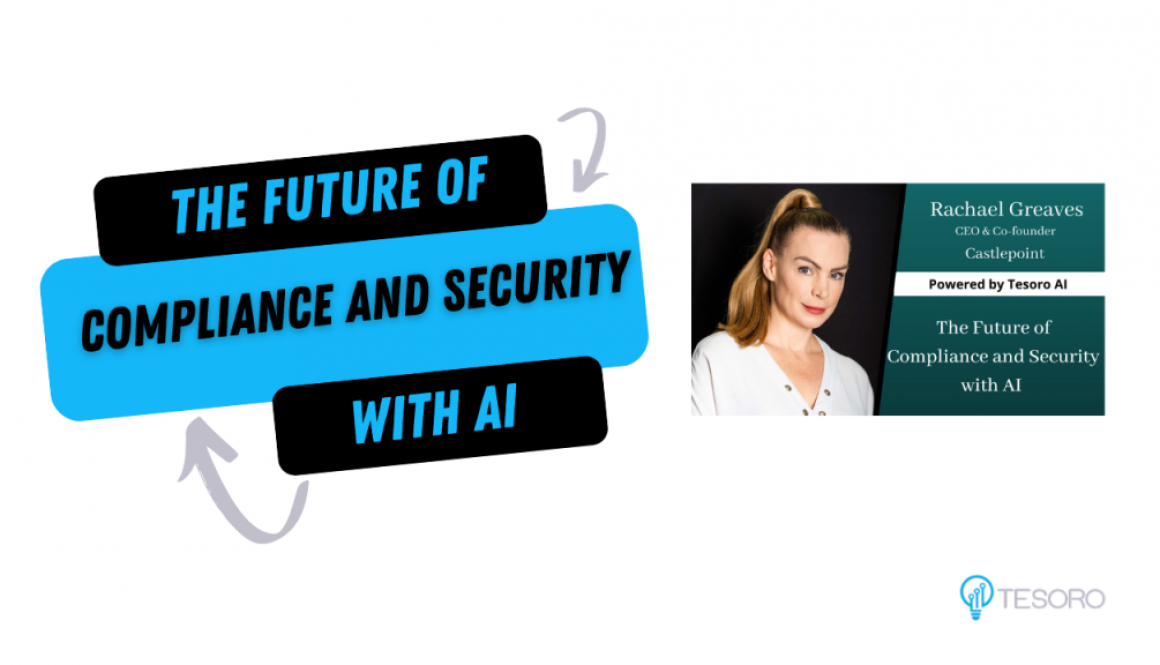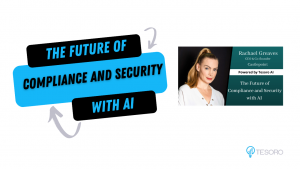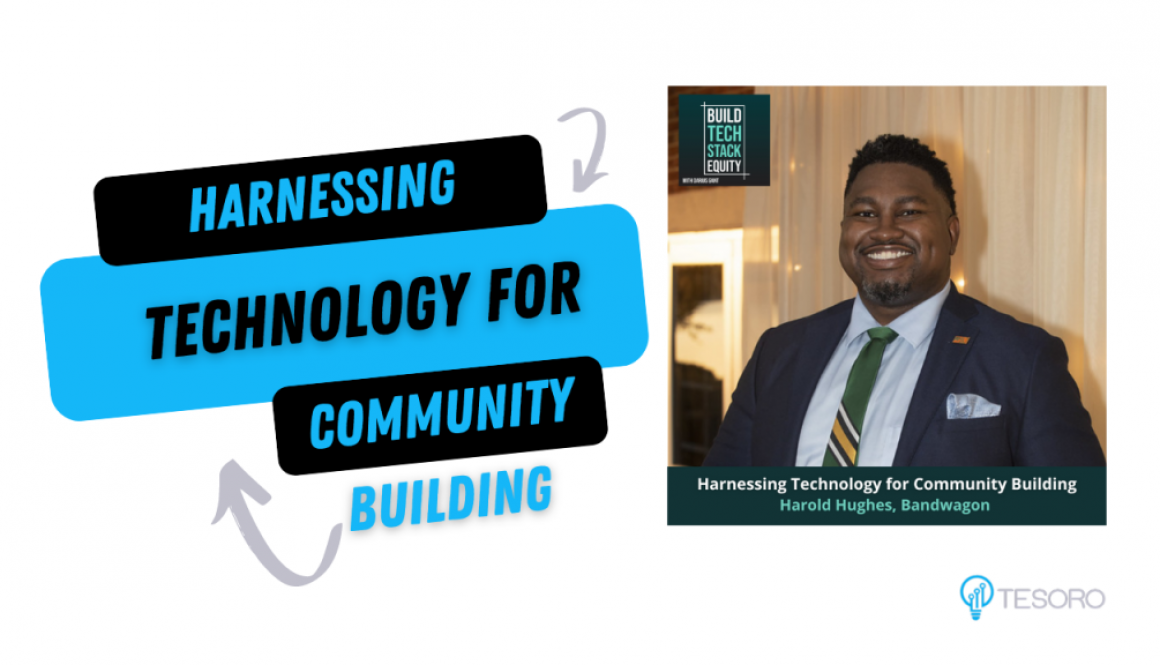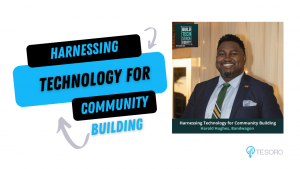Maximizing Your Hiring Potential: A Look at the Latest Trends in Latin American IT Recruitment
Maximizing Your Hiring Potential: A Look at the Latest Trends in Latin American IT Recruitment
Introduction
Latin America (LATAM) has emerged as a major player in the global IT industry, with a growing number of companies and startups establishing their presence in the region. As technology continues to advance, the demand for skilled IT professionals in LATAM is on the rise. In this blog post, we will delve into the latest recruitment trends in LATAM, shedding light on the evolving landscape and providing insights for both jobseekers and hiring managers.
Upsurge in Remote Work Opportunities
The COVID-19 pandemic has changed the recruitment trends and has accelerated the adoption of remote work globally, and LATAM is no exception. Companies are increasingly embracing remote work arrangements, opening opportunities for IT professionals to work for organizations across borders. Remote work offers flexibility and access to a larger talent pool, allowing companies in LATAM to tap into a wider range of skills and expertise from around the world.
Focus on Cloud Computing and SaaS
Cloud computing and Software-as-a-Service (SaaS) solutions have gained immense popularity in recent years, driving the need for IT professionals with expertise in these areas. Companies in LATAM are embracing cloud-based technologies to enhance scalability, data security, and collaboration. Consequently, jobseekers with experience in cloud architecture, cloud migration, and SaaS application development have a distinct advantage in the recruitment process.
Embracing Data Science and Artificial Intelligence
Data-driven decision-making has become a critical factor in the success of businesses across industries. As a result, companies in LATAM are seeking IT professionals skilled in data science, machine learning, and artificial intelligence (AI). Candidates proficient in data analysis, predictive modeling, and AI algorithm development are highly sought after to help companies gain insights from vast amounts of data and drive innovation.
Cybersecurity and Data Privacy:
With the increasing frequency and sophistication of cyber threats, cybersecurity has become a top priority for businesses in LATAM. IT professionals with expertise in cybersecurity, including ethical hacking, threat detection, and incident response, are in high demand. Moreover, the implementation of data protection regulations, such as the General Data Protection Regulation (GDPR) and local data privacy laws, has heightened the need for professionals with knowledge of data privacy compliance.
Soft Skills and Cross-functional Collaboration:
In addition to technical proficiency, employers in LATAM are placing greater emphasis on soft skills and cross-functional collaboration. IT professionals who can effectively communicate, work in teams, and adapt to changing environments are highly valued. The ability to collaborate with other departments, such as marketing, finance, and operations, is crucial as technology becomes deeply integrated into various aspects of business operations.
Conclusion
The IT industry in LATAM is experiencing rapid growth, presenting exciting opportunities for both job seekers and companies. The latest recruitment trends highlight the increased focus on remote work, cloud computing, data science, cybersecurity, and soft skills. Jobseekers should continuously develop their technical expertise, adapt to emerging technologies, and cultivate their soft skills to remain competitive in the job market. Meanwhile, hiring managers need to identify candidates who can not only meet technical requirements but also contribute to a collaborative and agile work environment. By staying abreast of the evolving trends, both jobseekers and hiring managers can thrive in the dynamic landscape of IT recruitment in LATAM.
Are you interested in hiring Latin American talent?
Contact us now or give us your details and we will get in touch!
[wpforms id=”961″ title=”true”]






